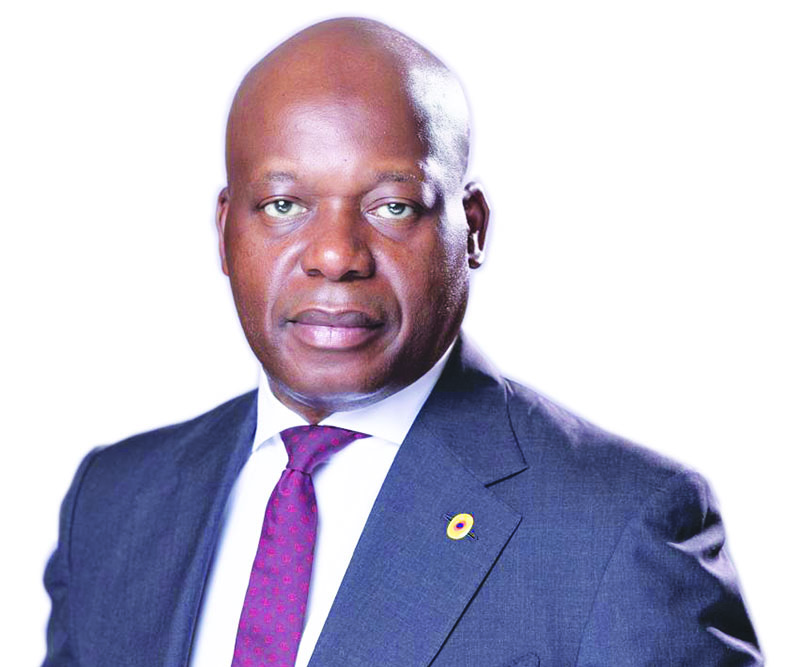
• Stranded electricity may worsen amid weakening plants
The restriction of electricity export to neighbouring African countries may defeat attempts being made by the Economic Community of West African States (ECOWAS) to implement the West African Power Pool (WAPP) and Nigeria’s drive to increase foreign exchange (FX) earnings.
While the power sector was privatised over a decade ago, power supply to homes and industries has been very dismal. With actual supply averaging 3,500 megawatts against the over 40,000 megawatts projected 10 years ago. This might have necessitated NERC to peg supply to international customers to guarantee energy security locally.
Power generation companies in Nigeria have insisted that the move, introduced by the Nigerian Electricity Regulatory Commission (NERC), will also worsen the existing stranded power crisis in the country and make profitability by the sector a mirage.
NERC had in an order – NERC/2024/044 – titled ‘Interim Order on Transmission System Dispatch Operations, Cross-Border Supply and Related Matters 2024’, asked the generation companies to restrict power supply to international customers to six per cent.
Section D of the order specifies: “The System Operator shall ensure that the maximum load allocation to international off-takers in each trading hour shall not be more than six per cent of the total available grid generation.”
Although the move was intended to guarantee supply locally as Nigeria structures to improve generation capacity amidst debt, gas-related issues and aging power plants, the generation companies told The Guardian that the restriction would only land the sector in crisis.
With a dismal revenue outlook for GenCos sometimes standing at less than 10 per cent of the total invoice, a document shared by the Association of Power Generation Companies showed that investment in the power sector may remain a mirage given the restrictions as load off-taking by the distribution companies (DisCo) have consistently led to stranded power.
The GenCos noted that the sector may be faced with the inability to service existing obligations which are in foreign exchange, service plants and procure equipment amidst the country’s worsening foreign exchange crisis.
To underscore the wobbling state of the power sector, the Nigerian Electricity Regulatory Commission (NERC) report for the first quarter of 2024 showed that over 66 per cent of power plants in the country are working below par as 18 out of 27 power plants operated below their installed capacity in the first quarter of the year.
NERC blamed the reasons for the crisis on aging infrastructure and gas-related problems, noting that the plant availability factor remained sacrosanct to energy security.
Niger, Togo, Burkina Faso and Benin Republic made zero remittances of the $14.19 million invoice issued to them by the market operator (MO) for the electricity supplied in the first quarter of 2024.
While GenCos did not specify the extent to which the restriction would affect their financial performance, Executive Secretary of APGC, Dr Joy Ogaji, said the move, while addressing domestic supply concerns, raises financial limitations for GenCos due to reduced foreign exchange earnings from WAPP power sales.
Ogaji noted that the potential breach of the contracts with international customers due to the six per cent cap could lead to penalties and reputational damage for GenCos.
According to her, GenCos are exploring renegotiation options and alternative strategies to minimize disruptions for WAPP countries, but specific contractual terms regarding power supply volume, as outlined in the agreements with Togo, Benin and Niger, make fulfilling the obligations challenging while adhering to the new restriction.
“The restriction directly limits the amount of power GenCos can sell to Togo, Benin and Niger. This translates to a decrease in revenue earned in foreign currency, thereby reducing overall Forex inflow into Nigeria,” she said.
Ogaji said if the decrease in foreign exchange earnings from power sales is significant, it could affect the supply and demand for foreign currency in Nigeria, adding that the development could lead to a depreciation of the Nigerian Naira compared to other currencies.
GenCos stressed that while the restriction aims to stabilise the grid and ensure equitable distribution, it may also lead to underutilisation of generation capacity if the domestic market cannot absorb the excess power, adding that it may affect future investments and expansion plans.
The companies asked NERC and the government to be more transparent in their decision-making processes and provide clear justifications for the six per cent restriction.
They noted that a stable and predictable regulatory environment is crucial for attracting investment as such NERC must avoid prevailing uncertainty as stakeholders require a long-term plan for addressing domestic electricity needs without jeopardizing existing contractual obligations.
They equally called on the regulator to take steps to strengthen the sanctity of contracts in the sector, especially ensuring effective enforcement mechanisms and demonstrating a commitment to upholding contractual agreements.






